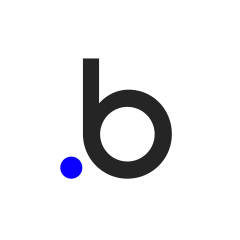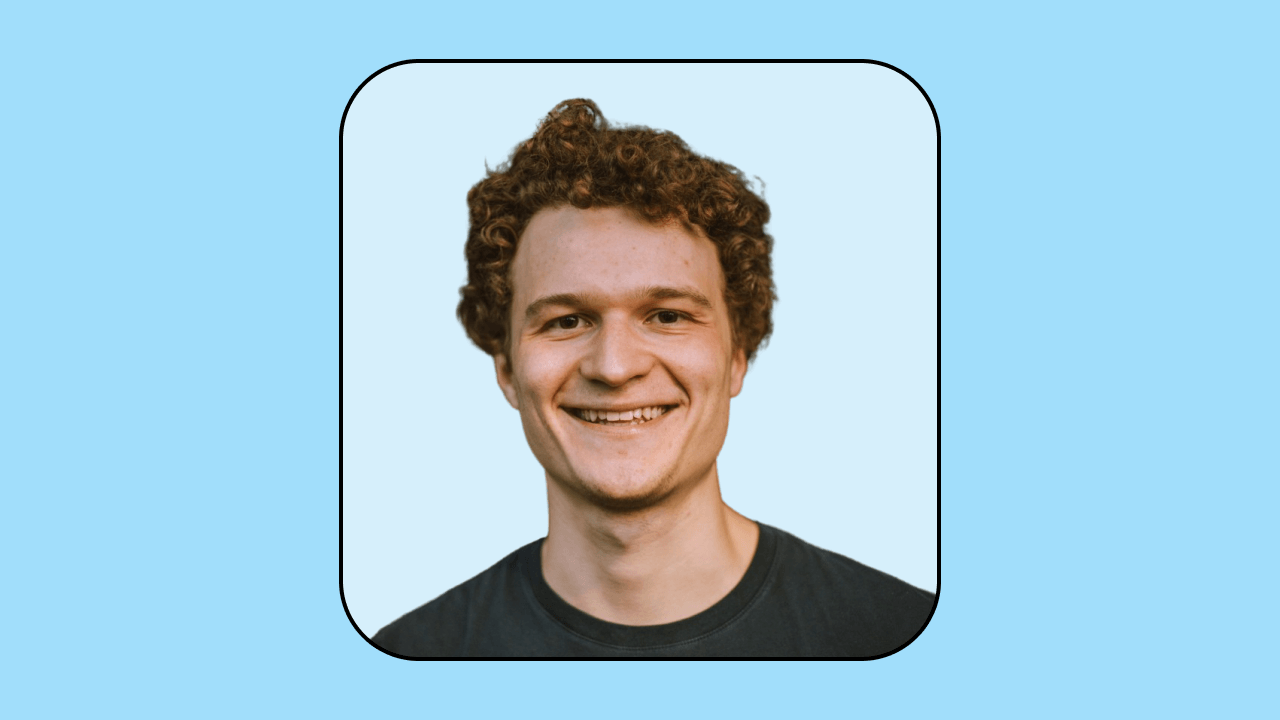Peter Kwitny found himself in a predicament in college: He wanted to help connect influencers with musicians to help them gain exposure through trending content, but he didn’t know how to code. Eventually, he stumbled on Bubble — and a new career was born.
Today, Peter helps startups scale their Bubble apps and works with teams around the world to grow their impact. From building an ERP from scratch to launching a no-code tips series, Peter — also known as No Code Pete — is still only just getting started.
Tell us your Bubble story
I graduated college as a business major in 2020. During school, I played in a band and was looking for ways to promote our new song. My friend started going viral on TikTok, and I had the idea to build a marketplace that connected TikTok influencers with musicians to promote their music.
I don't remember how exactly I found Bubble, but once I started I was instantly addicted. I built an MVP of our idea in a few weeks using a template — it was probably terrible, but it worked! We got over 200 influencers to sign up for the platform before the business eventually folded. But I knew that building Bubble apps was what I wanted to do.
Soon after, I applied to Airdev to be a developer. I got rejected as I had only been building on Bubble for a couple months, but luckily they saw something in me and encouraged me to reapply in a few months. I eventually did, got accepted, and started doing part-time work with them in parallel with a full-time job as a product manager.
In 2022, I took the leap to build on Bubble full-time and haven't looked back since.
What does your career look like today?
I help startups scale their apps with Bubble and work with awesome companies making real impact.
I also launched nocodefusion.com this year — it's a Chrome extension that tracks all of your edits and deployments on the Bubble editor and shows you a Github-esque contribution graph of your work. It's completely free for Bubble Developers.
And not too long ago, I started tweeting and sharing my experience as a professional Bubble Developer with a daily tip series. I got such an awesome response and grew my account to more than 800 followers within a couple months. I've taken a break because daily social media posting can be a lot, but I fully plan to continue.
Haven't done a @bubble tip in a while!
— No Code Pete (@nocodepete) March 1, 2024
If you're working on an app where users will likely have poor internet connection, you can simulate this in Chrome devtools using the throttling feature.
Used it this week to test an image uploading feature. Super useful 🔥 pic.twitter.com/J0D2YoTXrn
How has becoming a Bubble Developer unlocked doors for your career?
It's unlocked everything for my career — it is my career. I never would have imagined I'd be doing what I'm doing today. It's been cool to work on so many projects and meet so many different people from all over the world. On top of that, I learned how to traditionally code while growing as a Bubble Developer. I think no-code is an excellent way to learn how to code, as it provides you with the foundations first.
How many Bubble apps have you built to date? Which one was the coolest?
During my time at Airdev, I worked on well over 80 Bubble apps — these weren’t all apps that I built from scratch, though. I’ve probably built ten-ish Bubble apps from total scratch.
The coolest app I've built from scratch is an entire enterprise resource planning (ERP) tool for a manufacturing company. This software project took months. For those who don't know, ERPs are massive internal apps that large companies use to manage all aspects of their business. There are huge companies like SAP that sell these for ridiculously expensive price tags.
Toward the end of the build, the client said it was the best ERP he'd ever seen. Not to mention it was multiple factors less expensive than the current software they were paying for. It really opened my eyes to what the future could look like with no-code.
What excites you most about the future of no-code?
More niche apps! Some of the apps I've worked on target such a specific market. Before no-code, a lot of these companies probably couldn't exist because it would simply be too expensive to justify the idea. But now, anyone can build an app for anything, super fast and super cheap. So we can have all these micro apps that make someone's life just a little bit easier.
What’s your favorite Bubble hack or little-known tip?
Oof, I have a lot. Go through my tweets if you're looking for some tips! But here's a fun, simple one that I think is super useful:
I work full-time as a @bubble developer and I'm sharing a daily log to inspire new no coders 👇
— No Code Pete (@nocodepete) December 7, 2023
#020 Working with reusables today and needed to trigger an event on the parent page from the reusable. Here's my go-to methods:
1. Set up a JavascriptToBubble element on the parent… pic.twitter.com/NnizRjb8Fy
What would you say to someone considering a career in no-code?
No-code is still a much smaller market than traditional code, but it’s growing rapidly. I think it's a beneficial skill for virtually anyone, as it gives you the capability to build. I'd recommend people start without the intentions of turning it into a career and if it happens to turn into a full career, it's an added bonus!
Anything else you’d like to add?
I still make music! I have an album coming out on April 5 — you can check out my Spotify artist page here.
Build your app on Bubble's Free plan. No need to upgrade until you're ready to launch your app.
Join Bubble




